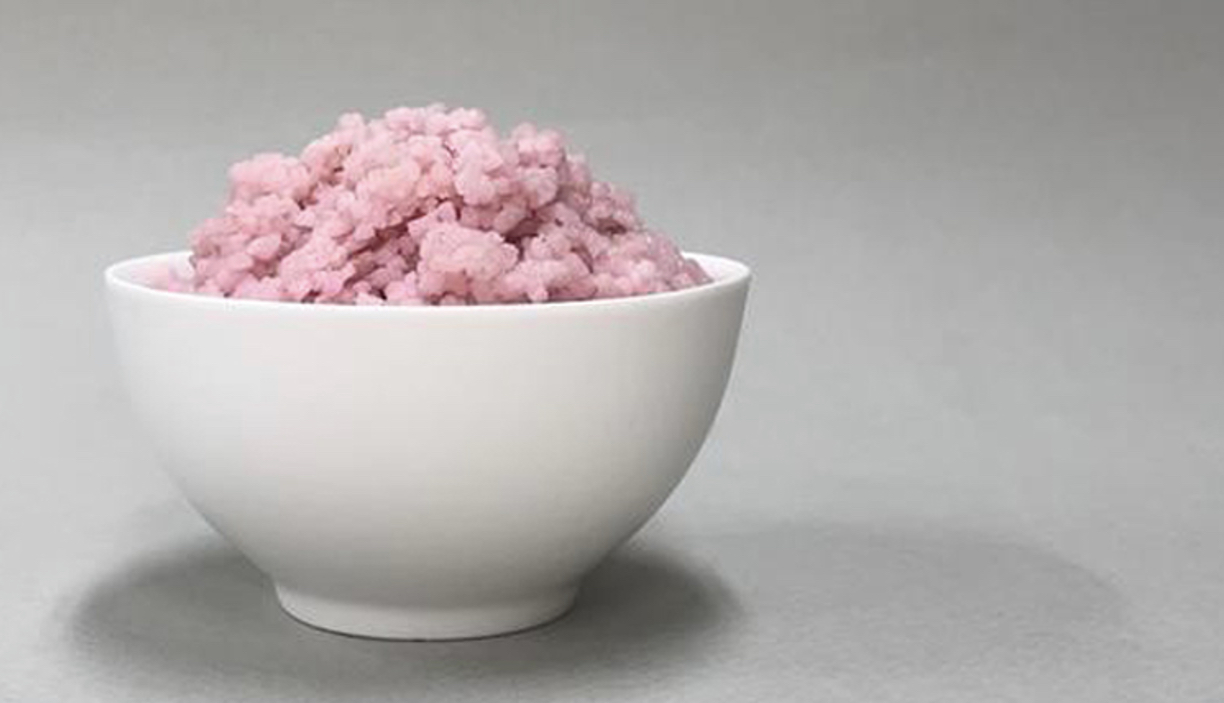Scientists Develop Hybrid Rice with Lab-Grown Meat Cells

Researchers have unveiled a groundbreaking development in food technology: hybrid rice infused with lab-grown beef muscle and fat cells, potentially offering a sustainable protein source at an affordable cost. The innovative grains, enriched with beef cells, were initially coated in fish gelatine to facilitate cell adhesion, then cultured for up to 11 days.
The new hybrid rice, documented in the Matter journal, boasts 8% more protein and 7% more fat compared to conventional rice. Despite being slightly firmer and more brittle, it presents a promising alternative to traditional beef production with a significantly reduced carbon footprint. For every 100g of protein produced, the hybrid rice emits under 6.27kg of carbon dioxide, in stark contrast to beef production’s 49.89kg.
Lead researcher Sohyeon Park emphasised the potential of this technology to revolutionise nutrition, envisioning a future where essential nutrients are derived from cell-cultured protein rice. The rice acts as a supportive structure for the meat cells to flourish while providing essential nutrients.
While lab-grown meat products have gained traction globally, public acceptance remains uncertain. Despite promising data on cost and environmental impact, public perception will play a crucial role in the adoption of these innovations. Prof. Neil Ward from the University of East Anglia highlights the importance of public reception, suggesting that lab-grown meats could find greater acceptance as substitutes for processed meats.
Bridget Benelam of the British Nutrition Foundation acknowledges the potential of this novel approach to address both nutritional and environmental challenges. However, she emphasises the need for further research to optimise the rice’s protein content before it can serve as a viable alternative to traditional animal products.
The development of hybrid rice with lab-grown meat cells represents a significant step towards creating sustainable and nutritious food options. As researchers continue to explore innovative solutions, the quest for healthier and more environmentally friendly diets remains at the forefront of scientific inquiry.






